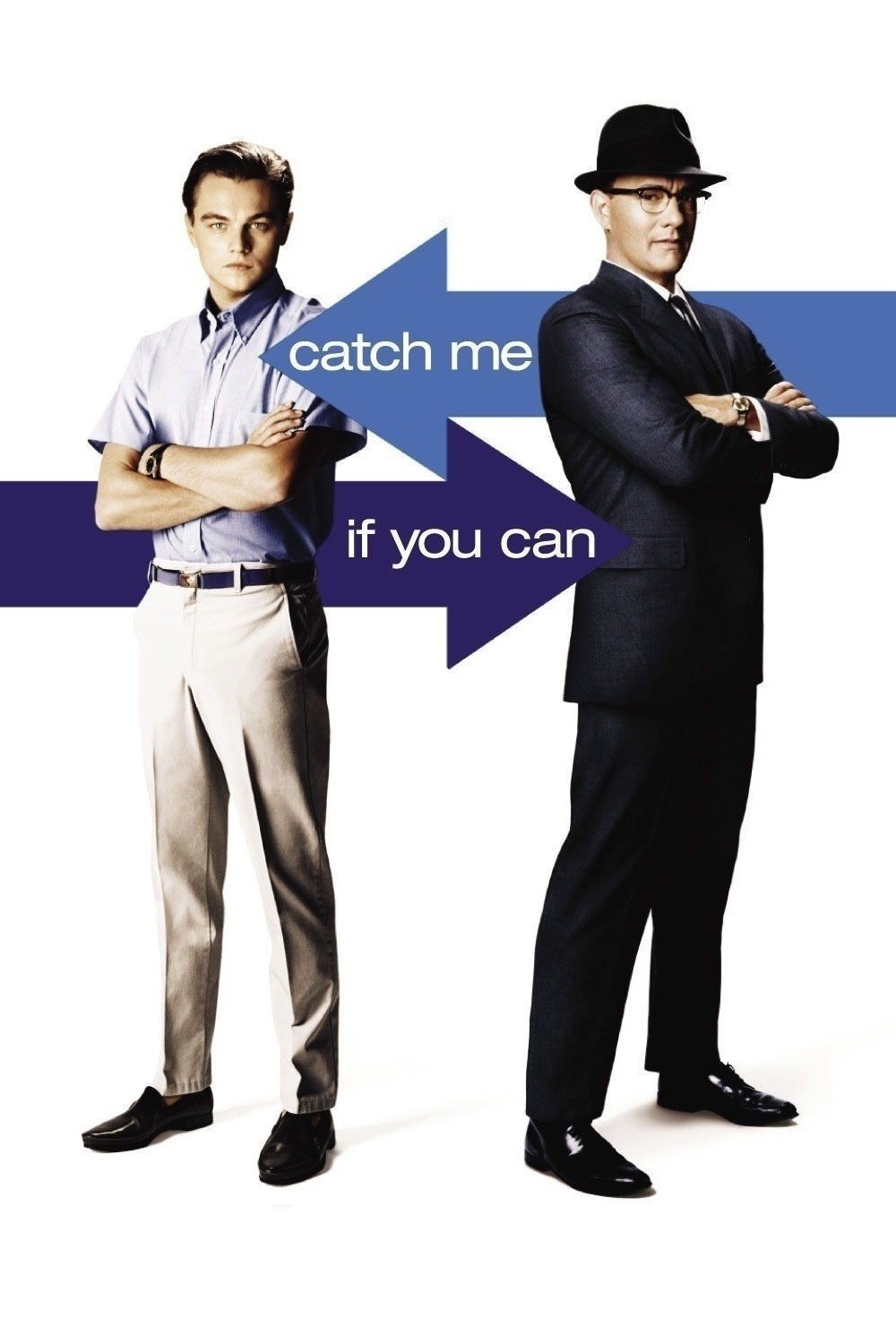
As the end credits reveal, Frank went on to become a renowned security consultant who earned millions of dollars every year. But now, he is sure that Frank will thrive as a normal person. He has always known that the teenager is brilliant. It also validates Carl’s actions to get Frank out of prison. At this point, Frank has no reason to lie to Carl. He studied for two weeks and passed the exam. Frank comes back and resumes his work.Ĭarl also gets the answer to the question that he has been asking Frank for a while. Although he does suffer through some moments of anxiety, Carl is eventually proven correct. The tediousness and boredom of his work for the FBI make him miss his old life, and he desperately wants to go back to that, despite knowing very well that he can’t. Carl lets him board the plane, believing that Frank will return. On the other hand, Frank has gotten used to both the familiarity and thrill of his crimes. Carl didn’t want to admit that his wife has remarried, and he seldom sees his daughter because admitting personal failure is always hard. As Carl tells Frank, it’s always easier to live a lie. When he finds the other man at the airport in a pilot uniform, he asks that question again. In the film, Carl asks Frank multiple times how he cheated in the bar exam. So, the tasks that Carl and the other FBI officials assign to him quickly become overwhelming, and Frank’s flight-or-fight response gets triggered again. Since he began his life as a confidence scam artist, he hasn’t done any honest work. But he soon grows restless because of the sheer amount of work he has to do. Frank subsequently begins working under Carl in the bank fraud division of the bureau. During one such visit, he realizes what a valuable asset for the FBI Frank can potentially be after he accurately guesses that a bank teller is one of the culprits just by seeing a check.Ĭarl arranges for Frank to be released to the FBI’s custody. Carl often comes to see him at the prison. After Frank’s arrest, a US court gives him a 12-year prison sentence. Catch Me If You Can Ending: Why Did Frank Return to Continue His Work For the FBI?ĭuring the years that Carl was pursuing him, an unacknowledged bond formed between the two men, stemming from the profound loneliness of their respective existences. Frank is eventually found at the premises of his mother’s new home. During the flight, Carl tells Frank that his father has died, prompting the other man to escape custody one more time. The two narratives merge into one when Carl comes to the Marseille prison to take him back home. His road ultimately leads him to his mother’s native town in Montrichard, France, where he is arrested by the French police.

Hoping to turn over a new leaf, he successfully takes the Louisiana State Bar exam and starts working with Brenda’s father, Roger Strong (Martin Sheen).īut again, Carl finds him, and again, Frank has no choice but to run. Frank briefly falls in love with an impressionable nurse named Brenda (Amy Adams).

The constant cat-and-mouse game takes a heavy toll on both of them. The FBI unit chasing Frank is led by Carl Hanratty ( Tom Hanks), a fictional character based on the real-life G-man, Joseph Shea. He also commits four-million-dollars worth of check forgeries. In a few years, Frank impersonates a Pan American World Airways pilot, a Georgia doctor, and a Louisiana parish prosecutor. Empowered by a vivid imagination and quick wit, he makes a natural transition from harmless pranks to actual illegal activities. When Frank was still in school, he fooled his entire class into believing that he was their French language teacher. The combination of these two traits makes him an exceptionally capable and dangerous conman. After finding out that his parents are divorcing, Frank runs away from home and keeps running until he has the FBI hot on his trail. He inherits the roguish salesman charm from his father and a sense of airy detachment from his mother. Frank grows up in New Rochelle, New York, worshipping the very ground that his father, Frank Abagnale Sr. If one focuses on depicting Frank’s life from 1963 onwards and how he transformed from a high-school student to a world-famous crook, the other showcases his life in 1969, after he is captured by the French police.
CATCH ME IF U CAN MOVIE
The movie follows two drastically different narratives. The first sequence of the movie revolves around Frank taking part in a bizarre quiz show where his various crimes and the punishment he received for them are listed. The film begins with Saul Bass-influenced opening credits and a pulpy score by John Williams.


 0 kommentar(er)
0 kommentar(er)
